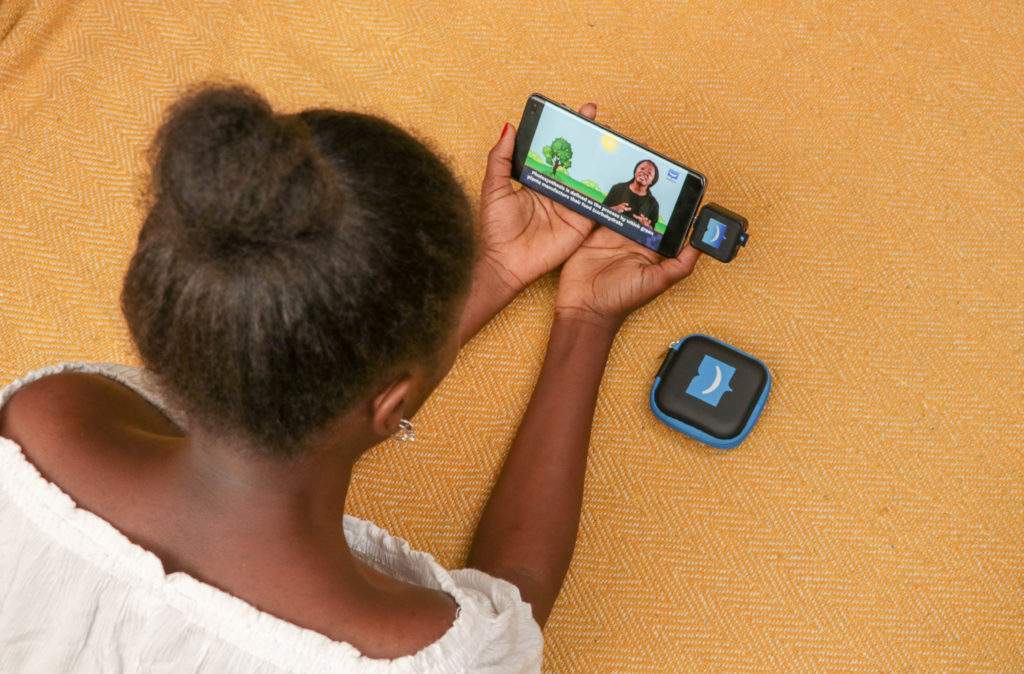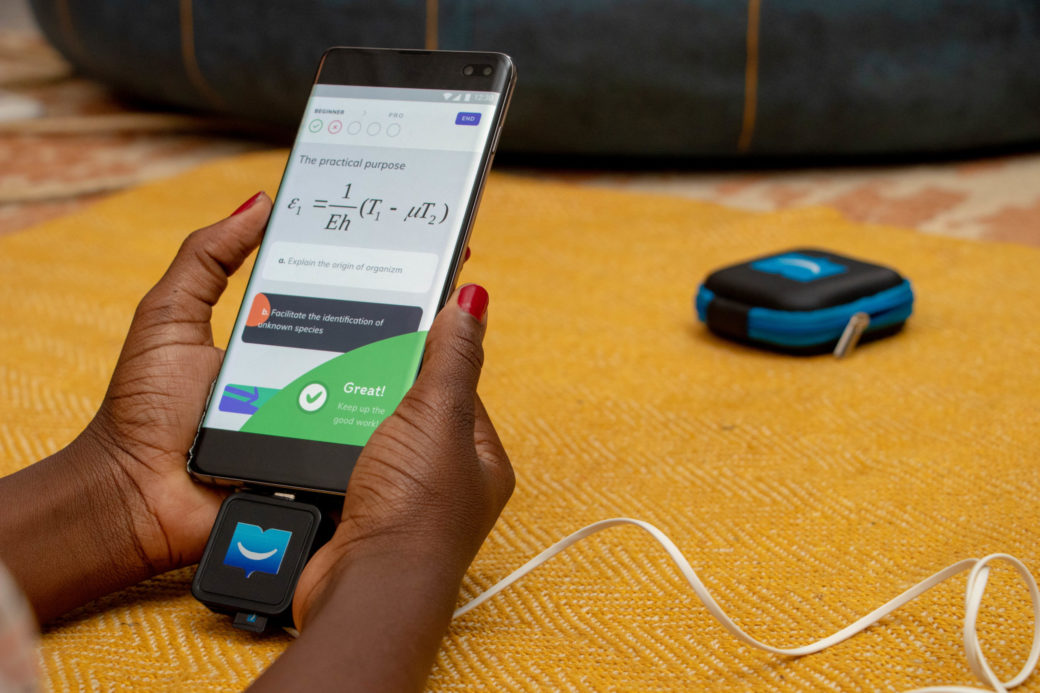In a seed-level round led by TLcom Capital, edtech startup uLesson has raised $3.1 million to scale its audiovisual education content service across Africa.
The company says it will use the funding to bring its suite of video lessons, quizzes and tests to the West African market, with a plan to create culture-specific content for East Africa.
“uLesson has built the technology to deploy curriculum-relevant content via smartphones that allows learners to use the product without concern for internet limitations and cost,” according to a company statement.
Founded by Sim Shagaya, the man behind Konga, the edtech startup has produced “over 3000 richly animated, personalized video learning modules, quizzes and tests”.
It has spent much of 2019 recruiting motion graphics artists, writers and other staff to create content at its production studio in Jos, a town in north-central Nigeria where Shagaya hails from. uLesson’s service will be available via a subscription model on the uLesson android app when the company launches officially in February 2020.

With a projected global market value of $341 billion, edtech is appearing an appealing line of investment. uLesson’s raise is the highest venture-backed round in Nigeria’s edtech space this year, but the sector has seen other intriguing developments in recent months. A young population, subsisting education gap and growing smartphone availability on the continent make for an interesting business opportunity for founders and investors.
Ido Sum and Omobola Johnson, partners in TLcom’s executive team, will join uLesson’s board as part of the round. uLesson is a good match for the VC firm’s investment philosophy of “an entrepreneur-led startup building affordable, mass-market mobile first solution tackling one of Africa’s largest challenges,” according to Sum.
Shagaya seems to be moving fast to create future-minded eye-catching ventures, the shadows of Konga increasingly distant. uLesson’s business, not built as a lifestyle brand in the form of an e-commerce company, stands to benefit from his experience delivering ‘packages’ to African homes for a fee.
The unit economics of delivering gadgets and accessories differ from those of maths and economics lessons. But the latter has an impressive transferable value that would endear human capital-conscious investors in the future should it prove successful.
Join TechCabal this Friday, 29th November, for a day of engaging conversations on Edtech and the Future of Work. Find details here on how you and your startup can participate.





















